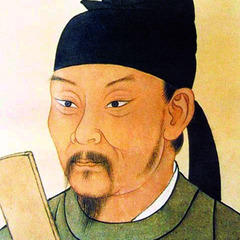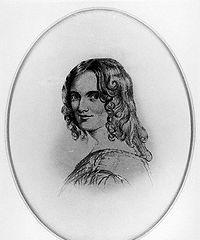Samuel Taylor Coleridge Quotes - Page 16

Nor dim nor red, like God's own head, The glorious Sun uprist
'The Rime of the Ancient Mariner' (1798) pt. 2
Samuel Taylor Coleridge (2001). “On the Constitution of the Church and State”, p.306, Classic Books Company
"Kubla Khan" l. 12 (1816)
A spring of love gush'd from my heart, And I bless'd them unaware.
Samuel Taylor Coleridge, John Keats, Percy Bysshe Shelley (1829). “The Poetical Works of Coleridge, Shelley, and Keats. Complete in One Volume”, p.63
"Kubla Khan" l. 1 (1816)
Samuel Taylor Coleridge (1930). “Coleridge's Shakespearean criticism”
Samuel Taylor Coleridge, Henry Nelson Coleridge (1851). “Specimens of the Table Talk of Samuel Taylor Coleridge”, p.288
"Expression in speech and writing". Book by Edmund Arnold Greening Lamborn, 1922.
'Dejection: an Ode' (1802) st. 4
Life went a-maying With Nature, Hope, and Poesy, When I was young!
Samuel Taylor Coleridge (1854). “The complete works of Samuel Taylor Coleridge: With an introductory essay upon his philosophical and theological opinions”, p.281
Samuel Taylor Coleridge, Henry Nelson Coleridge, Kathleen Coburn, Bart Keith Winer, Carl Woodring (1990). “Collected Works of Samuel Taylor Coleridge: Table Talk (2 v.)”, Bollingen Foundation
An idea, in the highest sense of that word, cannot be conveyed but by a symbol.
Samuel Taylor Coleridge, James Engell, Walter Jackson Bate (1984). “Biographia Literaria, Or, Biographical Sketches of My Literary Life and Opinions”, p.156, Princeton University Press
Motives by excess reverse their very nature and instead of exciting, stun and stupefy the mind.
Samuel Taylor Coleridge (1856). “The Complete Works of Samuel Taylor Coleridge: With an Introductory Essay Upon His Philosophical and Theological Opinions”, p.315
And I, the while, the sole unbusy thing, Nor honey make, nor pair, nor build, nor sing.
Samuel Taylor Coleridge (2001). “The Collected Works of Samuel Taylor Coleridge”, p.1033, Princeton University Press
Samuel Taylor Coleridge (1853). “The Complete Works of Samuel Taylor Coleridge: With an Introductory Essay Upon His Philosophical and Theological Opinions”, p.382
But oh! each visitation Suspends what nature gave me any my birth, My shaping spirit of Imagination.
'Dejection: an Ode' (1802) st. 6.
One thought includes all thought, in the sense that a grain of sand includes the universe.
Samuel Taylor Coleridge (1836). “Letters, Conversations and Recollections”, p.100
Samuel Taylor Coleridge (1854). “The complete works of Samuel Taylor Coleridge: With an introductory essay upon his philosophical and theological opinions”, p.175
Samuel Taylor Coleridge (1872). “Poetical Works of Samuel T. Coleridge”, p.88
Samuel Taylor Coleridge (1871). “The Complete Works of Samuel Taylor Coleridge with an Introductory Essay Upon His Philosophical and Theological Opinions”, p.406






